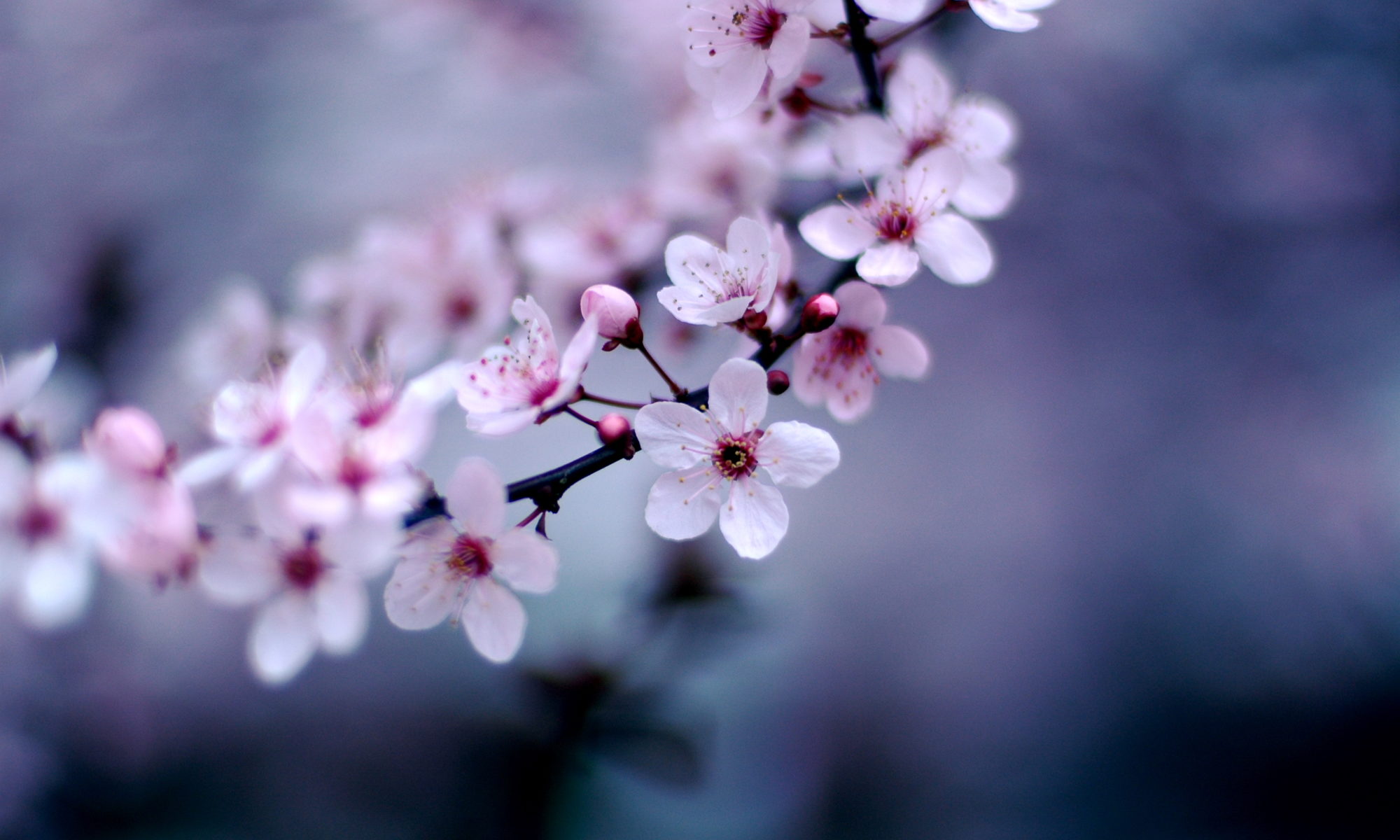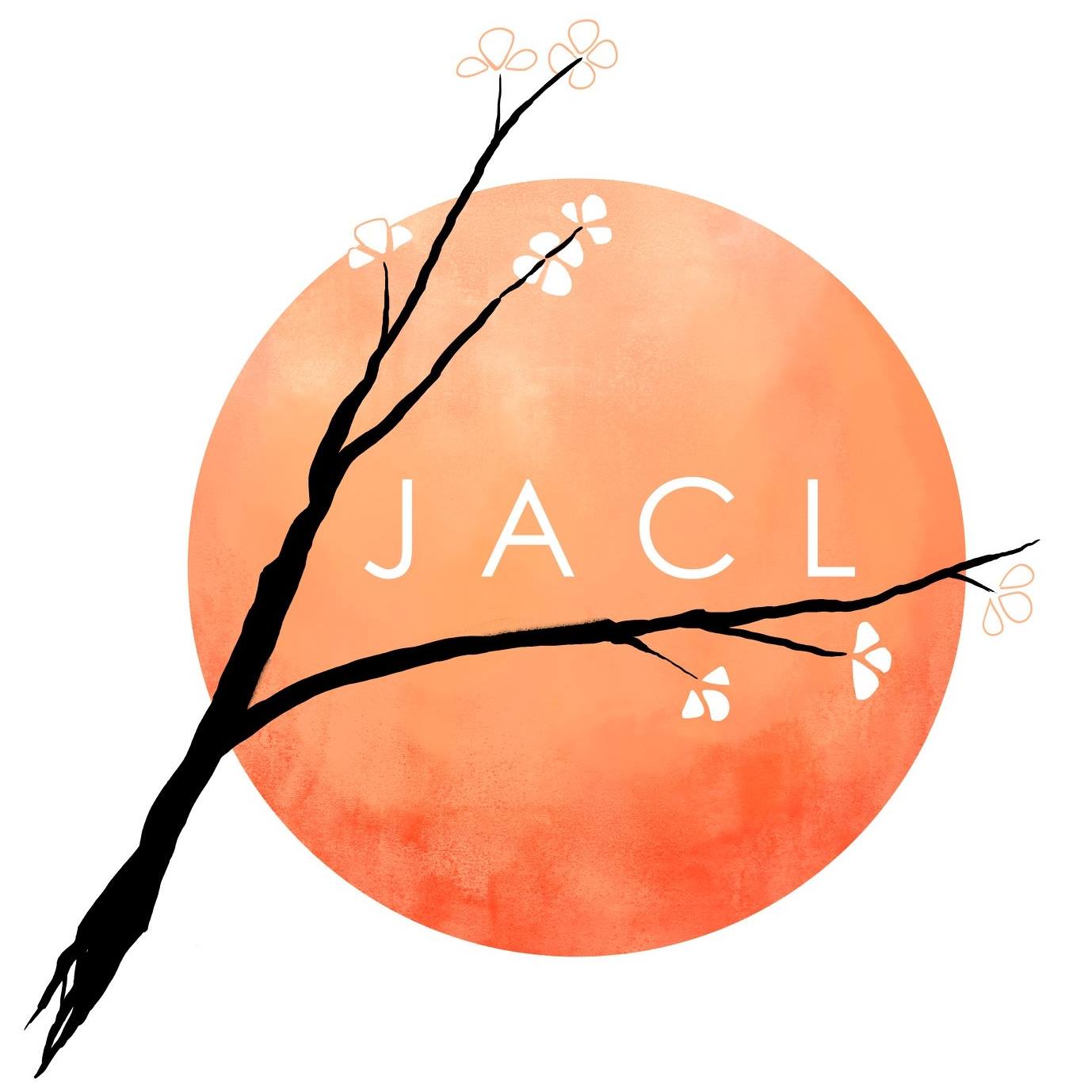Welcome to the Twin Cities Chapter of the Japanese American Citizens League (JACL). JACL is a national membership organization whose mission is to secure and maintain the human and civil rights of Americans victimized by injustice.
JACL derives its effectiveness through its strategically located regional offices, which serve the needs of the organization’s members and help maintain the well-being of all Americans.
In addition to its national headquarters in San Francisco, the JACL has regional offices in Los Angeles, San Francisco, Chicago, and Washington D.C.
The Pacific Citizen, publishing news and information for and about the Asian American community since 1929, is a production of the JACL Los Angeles office.
2023 – A Year In Review
JACL National Convention 2023
KEEP UP WITH OUR INSTAGRAM
LATEST FROM FACEBOOK
www.nbcnews.com
U.S. citizens who are out walking or standing in public are not required to provide documentation or provide identification, one legal expert says.Concerns raised about potential plan to turn vacant Woodbury warehouse into ICE detention facility
www.kare11.com
The Washington Post first reported the Trump administration's plans to convert warehouses across the country to speed up deportations.

